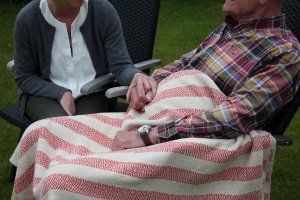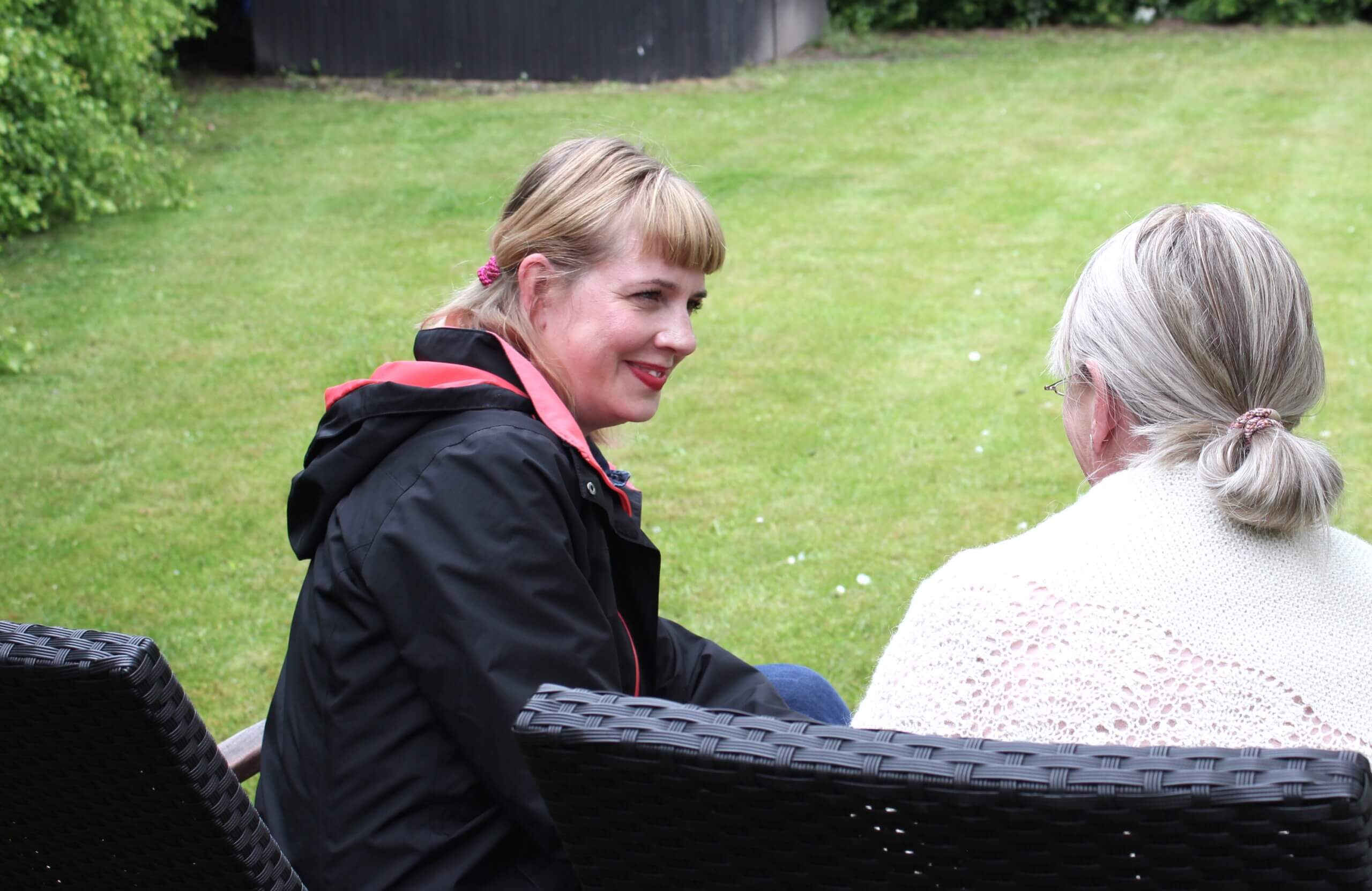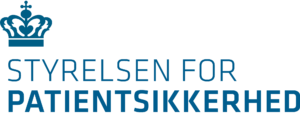Diana is a palliative care nurse and has extensive experience working with patients who don’t have long to live. We find that many people want to know more about palliative care, and may be unsure about what it actually is. We talked to Diana about her work and how she can make a difference for her patients.
What are palliation and palliative care?
Palliation means relief. Palliation or palliative care is the practice of providing relief from a life-threatening illness. Palliation is no longer just associated with terminally ill patients, but the focus is more on starting palliative care earlier, to enhance the quality of life of patients so they can get the most out of their last time – however short it may be.
Diana explains: “Palliation is relieving care – not only physical but also very much psychological. In my job as a palliative care nurse, I treat, for example, pain, delirium, nausea, and anxiety. What patients need varies, so I always review their needs thoroughly. When I first meet my patients, I need to find out where they are in the process. It can make a big difference if they have just been diagnosed or if they have been in the process for some time. A good conversation is a basis for me to quickly understand their needs.”
I see this as my most important task. To give patients back their quality of life and help them live the life they love. Patients are involved in decisions and kept informed so they don't feel left out.
Diana, Palliationssygeplejerske
Working with palliative care
“When I first meet a patient, I talk to them to find out what they need, what their thoughts are about their condition, and what they want for their life. I also ask about their relatives and find out who are important relationships for the patient. Sometimes I draw a family tree to understand the relationships and remember the names better.”
“It varies how open patients are when I first meet them. Some find it easy to talk about their needs, pain, and death. Others don’t know how to talk about it. One of the things I need to talk to patients about quickly is their attitude toward resuscitation. We need to get this right, and I feel that they have a clear position on this. Once we talk about it, the rest is easier. They understand that I am professional and on their side and that I work to make them as adjusted and comfortable as possible.”
“I like to say that I work for my patients to live and not just be alive. They should be able to be themselves, do the things they love, and not be hindered by a diagnosis. I see that as my most important task. To give patients back their quality of life and help them live the life they love. Patients are involved in decisions and kept informed so they don’t feel left out. It’s about having a good and dignified journey to the end.”
It's a way of being a nurse that I've always dreamed of
Diana, Palliationssygeplejerske
Mother of heaven
Just as people are helped into the world by a midwife, Diana says she is sometimes called a “mother of heaven” – a title she is immensely proud to wear:
“It’s a great honor to help people do well from here. I see it as a vulnerable and very honest period in people’s lives and there are some things that they need to put to rest. The conversation is a big part of that. A lot of people need someone to talk to, and whether they have people around them or not, it can be nice to have someone from the outside standing by. It’s a way of being a nurse that I’ve always dreamed of.”
Support for the relatives of palliative patients
“As a palliative care nurse, I naturally also meet many relatives who also need support during the course of treatment. Depending on their relationship with the patient and where in the process we meet, they need different things. Often they may need to lighten their heart. Tell me about their concerns. I listen and comfort them, helping them to let go of their worries so they feel confident that their loved ones are getting the care they need. I often focus on those closest to them, as it can seem overwhelming for them and the person with the disease if there are too many people in and out of the house. I find that they feel relieved and that calm descends over the situation. That way, they can focus on being there for their loved ones, without worrying about the palliative care itself. We’ve got that under control.”
Read more about Privat Sygeplejerske ApS’ palliative and terminal care and home hospice services, and contact us for a no-obligation conversation about what we can do for you in your situation.








